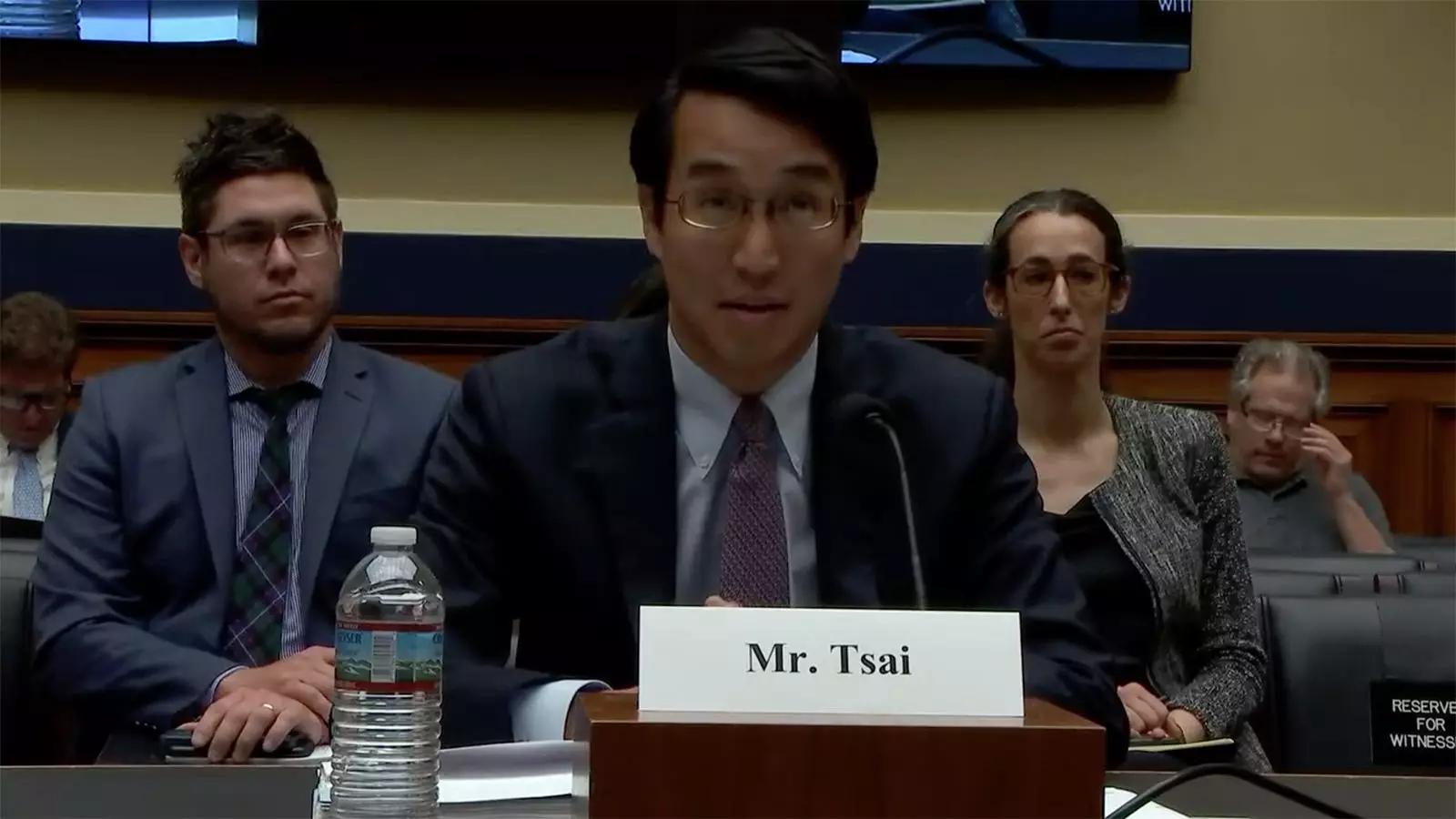House Republicans expressed their displeasure with new Medicaid rules implementing minimum nursing home staffing requirements and higher pay for home care workers. This dissatisfaction was evident during a hearing on proposed legislation to increase Medicaid access and crack down on improper Medicaid payments. Rep. Brett Guthrie (R-Ky.) raised concerns about the impact of these rules on frontline caregivers and clinical care providers. He highlighted the challenges faced by the healthcare industry, such as the closure of nursing home facilities and the shortage of long-term care workers. These issues have been exacerbated by the ongoing pandemic, making it difficult to implement new staffing requirements.
The new rules require nursing homes to have an RN on staff 24/7 and ensure personalized care for residents. Rep. Cathy McMorris Rodgers (R-Wash.) expressed concerns that these staffing requirements may be unattainable for some facilities, leading to closures or reduced services. The “80/20 policy” for home care agencies, which mandates that 80% of funds go directly to workers, has also raised fears of reduced care services. Republicans have introduced legislation to counter these regulations, indicating a divide in opinions on the effectiveness of the new rules.
Daniel Tsai, director of the Center for Medicaid and CHIP Services, defended the new nursing home rules, emphasizing the need to prioritize safe and dignified care. He acknowledged the challenges faced by nursing homes but argued that the rules provide a standard for quality care. Tsai highlighted provisions that allow for implementation delays and exceptions based on workforce shortages, aiming to address concerns raised by critics. Committee Democrats praised the rule, supporting efforts to improve nursing home quality and enhance care worker wages.
During the hearing, committee members discussed other Medicaid-related bills they were proposing. Rep. Anna Eshoo (D-Calif.) expressed support for the administration’s rulemaking to raise care worker wages and improve nursing home quality. Rep. Debbie Dingell (D-Mich.) sponsored a bill to make a demonstration program permanent, emphasizing its bipartisan support and cost-saving benefits. Rep. Jan Schakowsky (D-Ill.) called for an end to the Medicaid Estate Recovery Program, highlighting its detrimental impact on families and the low return it provides.
The debate surrounding the new Medicaid rules and proposed legislation reflects the complexities of the healthcare system. While there is a shared goal of improving care quality and access, differing opinions on the best approach have emerged. Addressing workforce shortages, ensuring adequate staffing levels, and balancing economic considerations with quality care are key challenges facing policymakers. By engaging in constructive dialogue and considering the diverse needs of stakeholders, lawmakers can work towards a more effective and equitable Medicaid system.


Leave a Reply